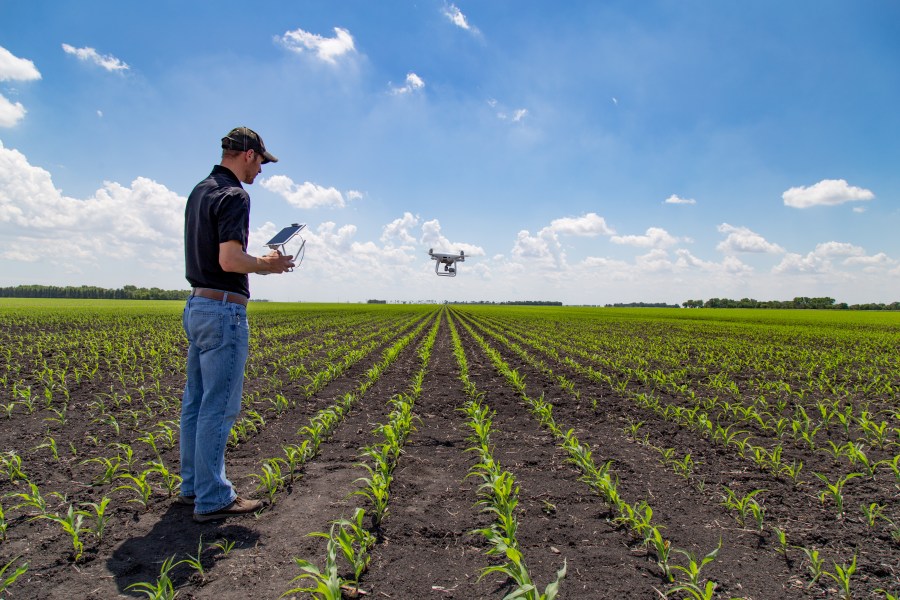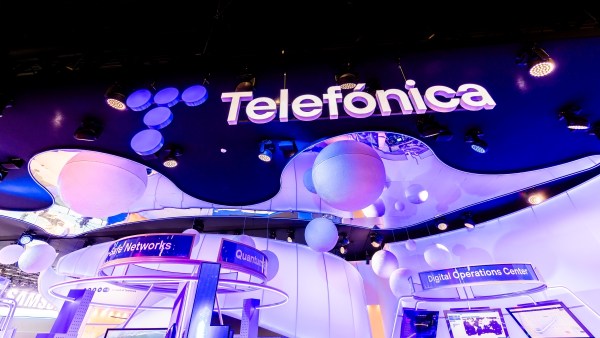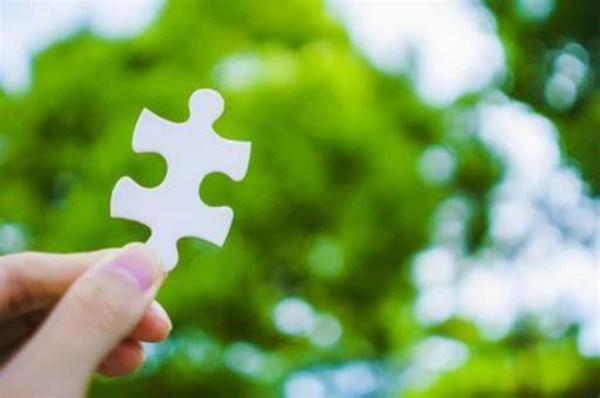The global health and economic crisis has highlighted the need to accelerate the digital transformation of economies to ensure social recovery, promote economic prosperity and protect the planet. In the European Union (EU), the recent increase in geopolitical tensions has spurred the design of an ambitious policy and regulatory framework to boost energy efficiency and reduce the region’s external dependence.
The World Economic Forum estimates that technological solutions could reduce emissions by more than a third of the 50% figure required by 2030. Digitalization, with technologies such as 5G, cloud, Artificial Intelligence, big data or the Internet of Things, is a key factor in achieving the EU’s sustainability goals. The application of these technologies to different industries and the development of new digital services can accelerate the decarbonization of diverse sectors. Advanced connectivity and high-capacity networks can also facilitate efficiency and green our economies.
Digitalization, key to driving the energy transition in different sectors
A recent report by the European Commission’s Joint Research Center reveals that energy, transport, industry, buildings maintenance and agriculture are the sectors that emit the most Greenhouse Gases (GHG) in the EU. In the same document, it explains how digitalization could substantially change this situation to make these vital sectors of the economy more sustainable.
“There is no energy transition without digitalization”
In this context, Telefónica launched the Eco Smart solution, which makes it easy to identify the environmental benefits of each of the digital services it offers. Eco Smart establishes a mechanism for customers to contribute to protecting the environment by applying environmental and sustainability criteria in their purchasing decisions. Through the implementation of Eco Smart solutions, last year our customers avoided more than 8.7 million tons of CO₂, carbon equivalent to planting 158 million trees.
Digitalization of the energy sector
The European Union has proposed that, by 2030, 45% of energy should be renewable. This figure implies a 30% reduction in current gas consumption. Digitalization can provide data-driven solutions (analytics and forecasting) to maximize energy efficiency and match supply with demand.
One of the existing services is “Energy Efficiency“, which allows Telefónica’s customers to generate savings in their energy bills and reduce operating expenses related to infrastructure management. The solution includes the installation of energy monitoring equipment that generates information on energy consumption and other significant variables. All the data generated are periodically sent to the platform, which transforms them into reports that provide information on the energy performance of the facilities.
More efficient transportation
Passenger road transport is expected to increase by 21% by 2050 and freight transport is expected to grow by 45% by then. Digitalization can promote efficient traffic management and reduce fuel consumption.
Telefónica Tech has developed Kite Platform, the managed connectivity solution that allows controlling and monitoring the vehicle fleet in real time and remotely, from anywhere in the world. This initiative improves operational efficiency by avoiding unnecessary travel and accelerating the detection of security threats.
A climate-neutral industry
Industry is responsible for 37% of total energy consumption and about 20% of global GHG emissions. By 2030, the EU has proposed to reduce CO2 emissions from industry by 23% compared to 2015.
Connectivity and new technologies are the basis of Industry 4.0. which, together with real-time data management, can achieve a more efficient use of resources and a more sustainable maintenance of factories. In this direction, Telefónica Tech and Grupo Álava have signed a strategic agreement to create a predictive maintenance solution that will provide industrial companies with an advanced data platform. This platform will allow them to optimize their activity by being able to anticipate possible failures of the machinery used.

More environmentally sustainable buildings
Buildings consume 40% of energy in the EU. By 2050, 80% of the population is expected to live in urban and intermediate areas. The EU wants to renovate the not inconsiderable 35 million energy inefficient buildings. Considering the environmental impact and time spent in buildings, it is essential to promote the smart buildings to increase efficiency while providing a good user experience and enhancing safety.
One of the solutions to achieve this goal in time is to use digital twins or technologies such as the Internet of Things for urban area planning and predictive building maintenance. As an example, Telefónica has enabled the automation, monitoring and centralized and remote management of several of the Tendam Group‘s stores. This alliance has achieved energy consumption savings of 15% and more than 3,700 MWh of accumulated energy in these retail spaces.
Digital and green transition in agriculture
By 2050, emissions from the agricultural sector are expected to increase by 15-20% and 10% of the world’s land area will be unsuitable for crops and livestock due to the consequences of climate change. In the new geopolitical context, the EU needs to reduce its emissions and its dependence on imports of feed, fertilizers, and other resources.
As well as buildings, Telefónica is promoting “smart agriculture” with the “Smart Agro” initiative. This proposal brings together the different technological capabilities available in Telefónica for the agricultural and livestock environment and transforms them into projects tailored to the needs of each customer. The projects include monitoring, real-time performance and geo-referenced data visualization of field assets to enable new business models, improve operational processes and save costs.
Our focus is to achieve inclusive, fair, and sustainable digitalization and we work to put technology at the service of people, reducing its environmental impact. We have collected some of these cases in our Digital Transformation Handbook on “Technology for the planet”.

How to accelerate this transition?
Digitalization can accelerate the ecological transition, promote innovation, and increase productivity. Undoubtedly, next-generation telecommunications networks are an essential tool to achieve this. To achieve Europe’s environmental objectives in a timely manner, it will be necessary to adopt ambitious measures to invest in high-capacity broadband infrastructure and improve the use of digital technologies and possibilities in both the private and public sectors.
At Telefónica, we are already working in this direction with a twofold objective: to accelerate digitalization for decarbonization and to offer digital solutions to promote efficiency. Therefore, in addition to our portfolio of technological solutions to protect the planet, we want to have the most efficient and low-emission telecommunications network in the sector. Our goal is to make the connectivity we offer our customers green. We are committed to achieving net-zero emissions by 2025 in our main markets and by 2040 in the rest of our operations, including our value chain.
In addition to the benefits for the planet, the link between the digital and green transitions will help create new business models and jobs, as well as improve people’s health and quality of life.














